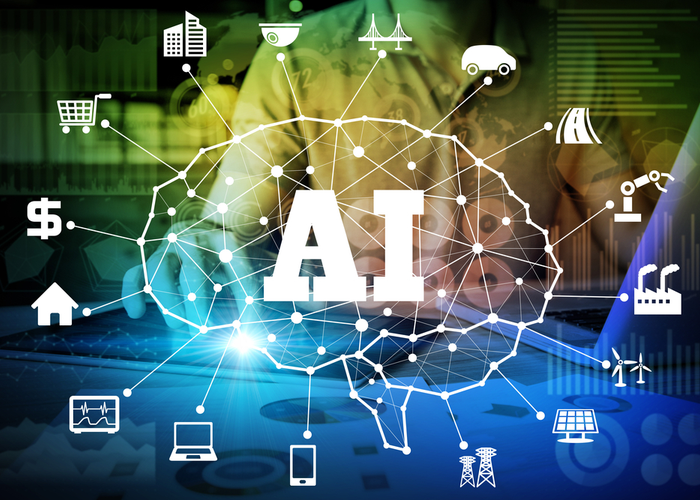
This article was written and published in Spanish and has been translated into English via Google Translate. Click here to read the original article.
The purpose of this regional forum is to raise awareness and promote reflection on the opportunities and challenges that Artificial Intelligence (AI) and its technologies give to society, governments, organizations and citizens. In the same way, the conference will explore the potential of AI in relation to the Sustainable Development Goals, especially with regard to UNESCO's role in improving developments in the fields in which it operates in the wider sphere of the United Nations and society.
The enormous potential of Artificial Intelligence to promote social welfare, the achievement of the objectives of sustainable development, the development of knowledge societies and human progress is widely recognized. Artificial Intelligence can help address many of the most critical social problems of humanity, including those related to education, science, culture, the media, access to information and poverty reduction. Artificial Intelligence technologies offer great opportunities if they are developed respecting universal norms and standards and if they are anchored in peace, humanism, and sustainable development. Recent advances in AI and other digital technologies such as robotics, big data analysis, and the Internet are profoundly transforming our societies.
In this sense, new developments that use Artificial Intelligence have a direct impact on all areas of competence of UNESCO, so they should be discussed with stakeholders from different sectors and regions. For example, what role will AI play in access to information, knowledge and science, research, education and cultural expressions? What are the ethical implications of AI in society, education, and for minors who use AI-enabled platforms? How are data collected, managed and used for the development of AI, and what implications does all this entail in the right to privacy and freedom of expression? How should key issues associated with AI be addressed, such as its governance, ethical dimensions, transparent and responsible algorithms, privacy and protection of personal data, and how it is handled by different entities such as government, industry, and international organizations?
Given the importance of this issue for Brazil and Latin America, the United Nations Educational, Scientific and Cultural Organization (UNESCO), and the Brazilian Network Information Center (NIC.br) will organize a Regional Forum on Intelligence Artificial through the Regional Center for Studies on the Development of the Information Society (Cetic.br), and the government of Brazil through its Ministries of Foreign Affairs (MRE) and Science, Technology, Innovation and Communications (MCTIC). In recent years, several countries have designed public policies and established national artificial intelligence strategies to boost the development and adoption of AI systems. Brazil is currently in the process of developing its national Artificial Intelligence strategy.
At a time when other countries in Latin America and the Caribbean have developed or are developing their national strategies, the design of public policies that encourage investments in AI, the development of partnerships with leading private sector companies, the university and the development of skills among the workforce in the field of AI are crucial initiatives that governments must take to benefit the socioeconomic development of the region.
It is also important to establish an adequate legal framework that can help the development of ethical, transparent, and responsible Artificial Intelligence based applications.
In the countries of Latin America and the Caribbean, the development and use of AI applications and policies vary depending on each society and each economy, as well as on the institutional systems and political priorities of each government. In this regard, the forum will bring together the main stakeholders of Latin America and the Caribbean from the public and private sectors, the technical community, the media and the university, civil society, and international organizations to facilitate dialogue on the possible benefits and challenges of AI and its development. This forum will provide a unique opportunity to learn from the experience of those countries that have successfully established national AI strategies within and outside Latin America and the Caribbean.
This forum is part of a series of UNESCO events on Artificial Intelligence and follows the world conference "Principles for Artificial Intelligence: Towards a humanistic approach?" Which took place on March 4, 2019 in Paris; to the debate on the ethics of new technologies and artificial intelligence, the “International Conference on Artificial Intelligence and Education” that took place from May 16 to 18, 2019 in Beijing, and to the Forum on Artificial Intelligence in Africa that took place from December 12-13, 2018 in Benguérir (Morocco). UNESCO's work in this area reflects the growing awareness of how AI can help address challenges related to education, access to information and knowledge, science, culture, media, communication gender equality, and poverty reduction. But to take advantage of these opportunities, AI must be developed in accordance with universally recognized rights and values.
This article was written and published in Spanish and has been translated into English via Google Translate. Click here to read the original article.
Join us November 12-15 for the Property Portal Watch Conference Madrid 2019.